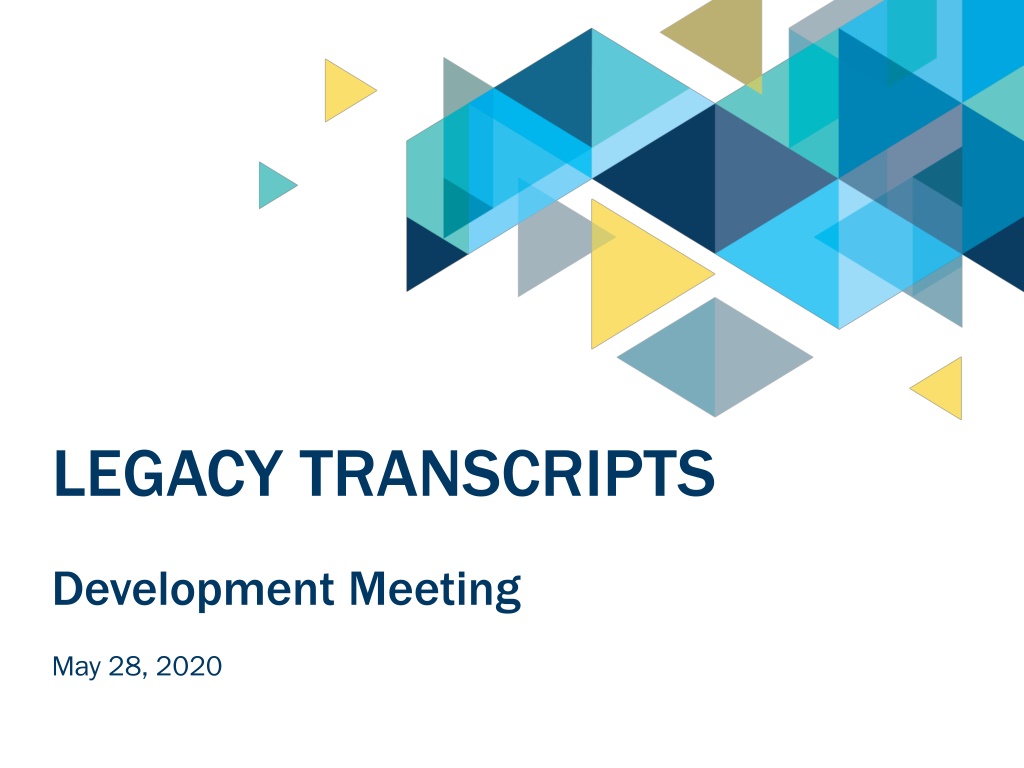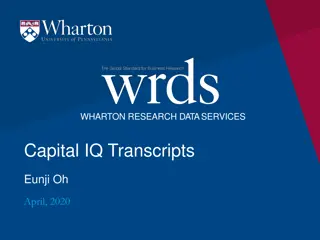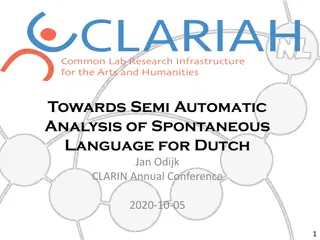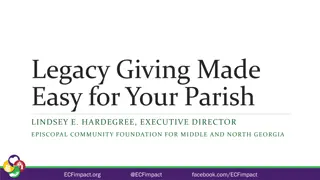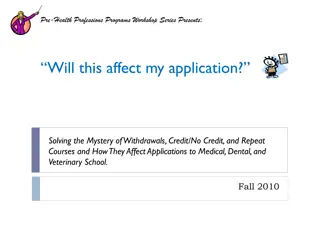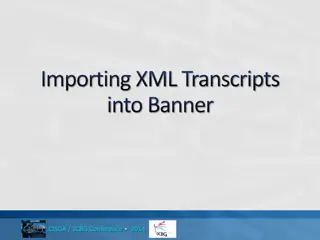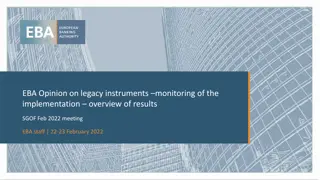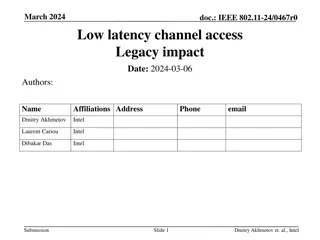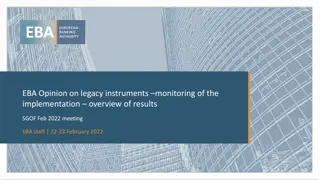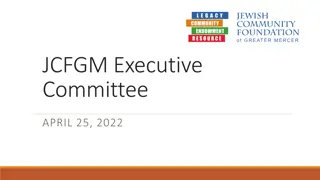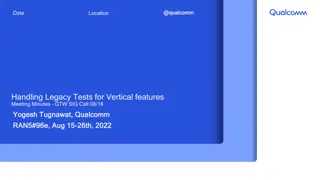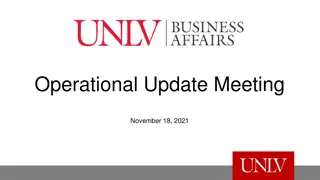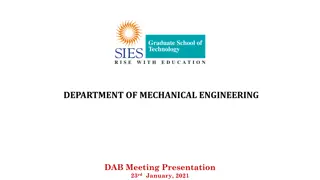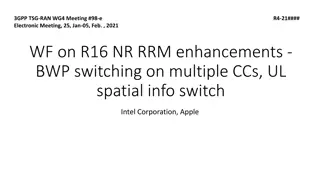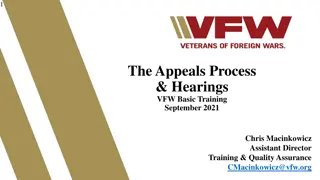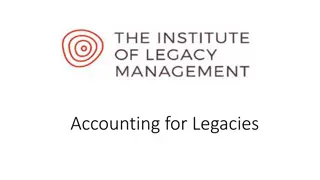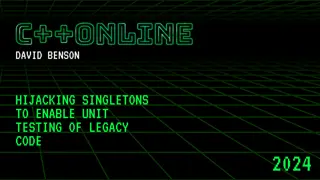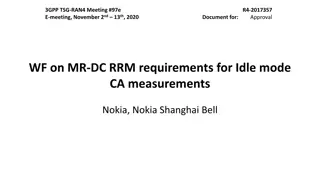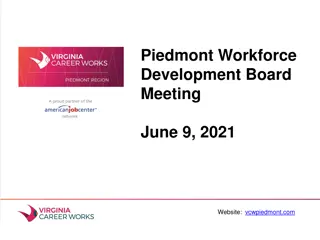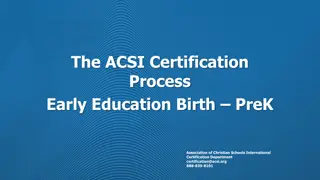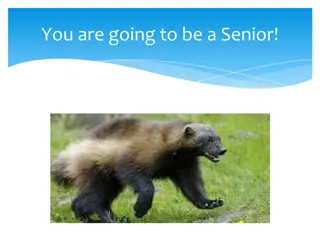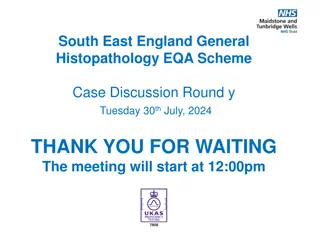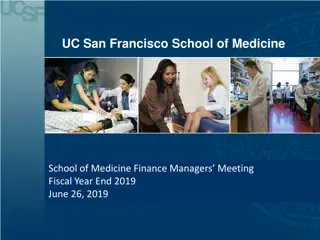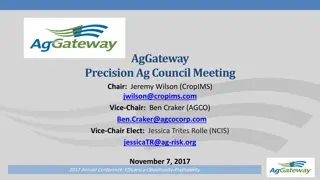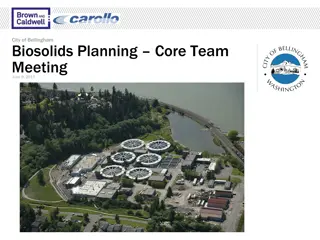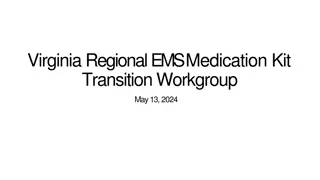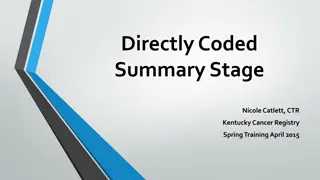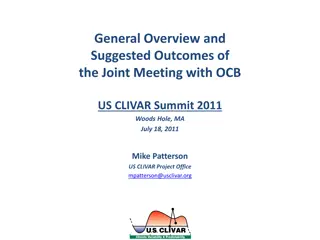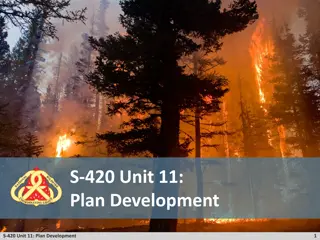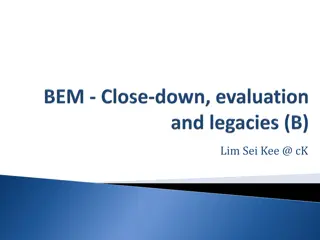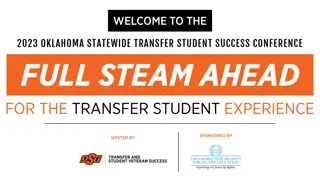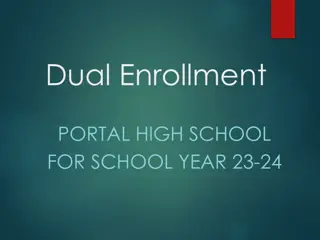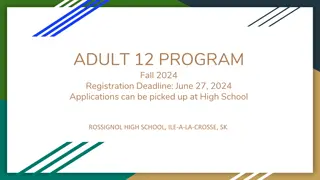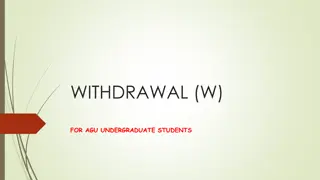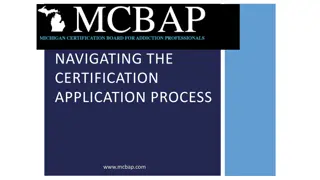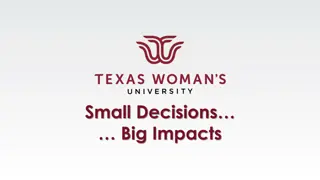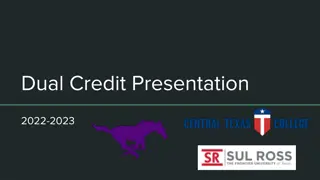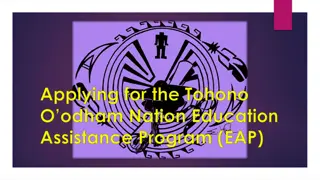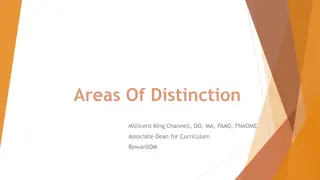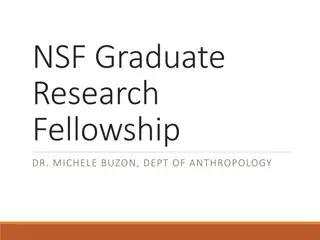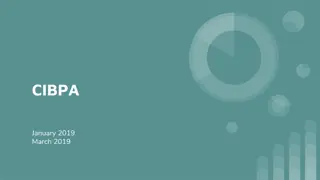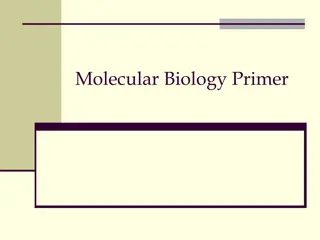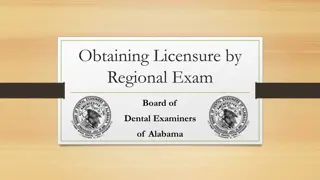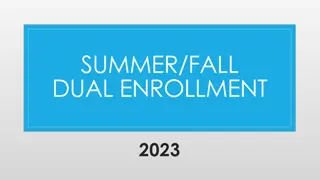Legacy Transcripts Development Meeting Summary
Legacy Transcripts project aims to show progress in developing a web-based application to pull data from legacy systems into a single database for colleges transitioning to ctcLink. The iterative development process involves reviewing, testing, and deploying the application in smaller cycles until it meets standards on security and accessibility. Workgroups are involved in testing, evaluating, and maintaining the project, with a focus on addressing questions and clarifications related to new legislation, record search failures, junk records, and functionality requirements.
Download Presentation

Please find below an Image/Link to download the presentation.
The content on the website is provided AS IS for your information and personal use only. It may not be sold, licensed, or shared on other websites without obtaining consent from the author. Download presentation by click this link. If you encounter any issues during the download, it is possible that the publisher has removed the file from their server.
E N D
Presentation Transcript
LEGACY TRANSCRIPTS Development Meeting May 28, 2020
OBJECTIVE To show progress on development of the application. Re-introduce the project to existing workgroup members and bring new members up to speed. Get answers to some questions of usage and functionality.
ITERATIVE DEVELOPMENT Iterative Development Workgroup Review requirements and design Test application Elicit Evaluate requirements Document requirements and design Analysis of requirements SBCTC Implement Initial prep Deploy Iterative development is a way of breaking down the software development of a large application into smaller chunks. In iterative development, feature code is designed, developed and tested in repeated cycles. With each iteration (called Sprints), additional features can be designed, developed and tested until there is a fully functional software application ready to be deployed to customers.1 1Rouse, Margaret, and Yvette Francino. What Is Iterative Development? - Definition from WhatIs.com. SearchSoftwareQuality, 2011, searchsoftwarequality.techtarget.com/definition/iterative-development. 3
WHAT IT IS Legacy Transcripts is a web-based application. Data is pulled from legacy systems into a single database. Usage is for colleges that have transitioned to ctcLink. Meets OCIO standards on security, accessibility Responsive design 4
TEST APPLICATION AND EVALUATE Initial testing will begin at the end of Sprint 4 SBCTC and workgroup evaluates results from testing Iterative development process repeats if testing produces errors or missing design elements
DEPLOY OTHER DUTIES SBCTC deploys application Workgroups assists with developing system communication SBCTC maintains project web site SBCTC monitors and reports on project activities and timelines
QUESTIONS & CLARIFICATIONS New legislation for suppressing transcripts for punitive actions what effects? Wording if student record not found student search Next Steps. Students with multiple SIDs in same school, search failures, how often?. Junk records (missing names or marked with **, etc) remove? 7
QUESTIONS & CLARIFICATIONS (2) Explain Merge/Deduplicate (split?) and functionality needed. Privacy block simple yes/no? What are the restrictions and overrides? Allow any editing of SSN? Student and/or staff. Which address should print on transcript? Student s account or that in the transcript data? 8
QUESTIONS & CLARIFICATIONS (3) Are additional fields from legacy needed? Advisor ID, Branch, Transcript Tracking, etc. Do we need an Address 2 field? Not in legacy, but could be of use? Note that test data is obfuscated data is generated and randomized. 9
Project website: https://www.sbctc.edu/colleges-staff/it- support/legacy-applications/legacy-transcript-project/ Any questions? Any questions? David Coffman Senior Software Engineer Washington State Board for Community and Technical Colleges dcoffman@sbctc.edu o: 360-704-4374 f: 360-704-4414
